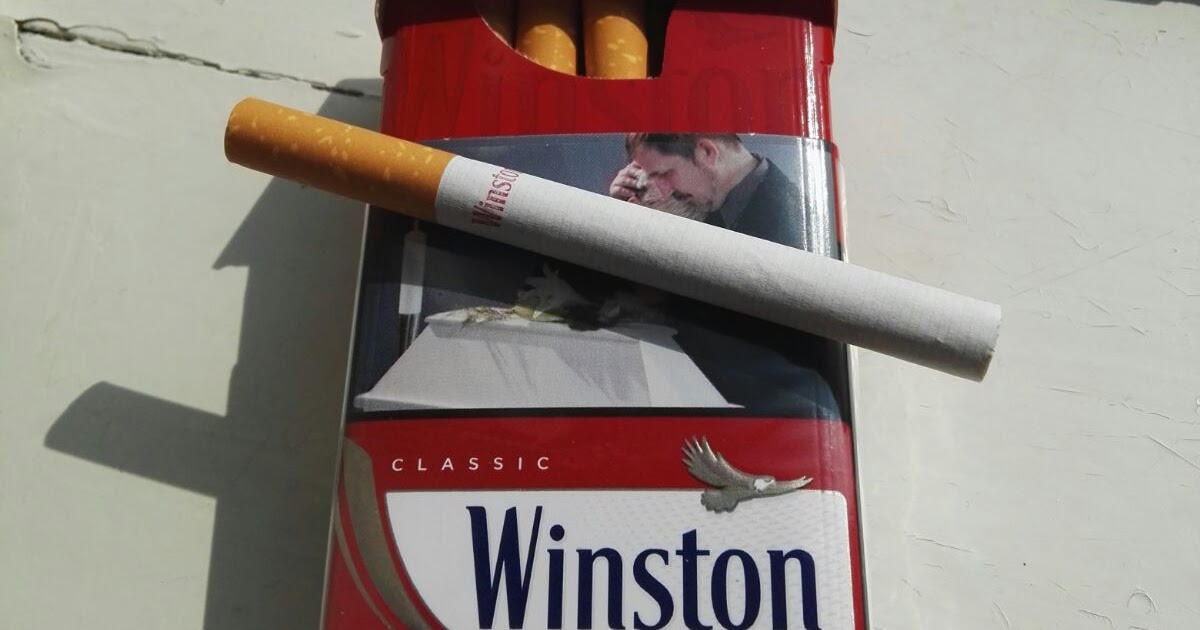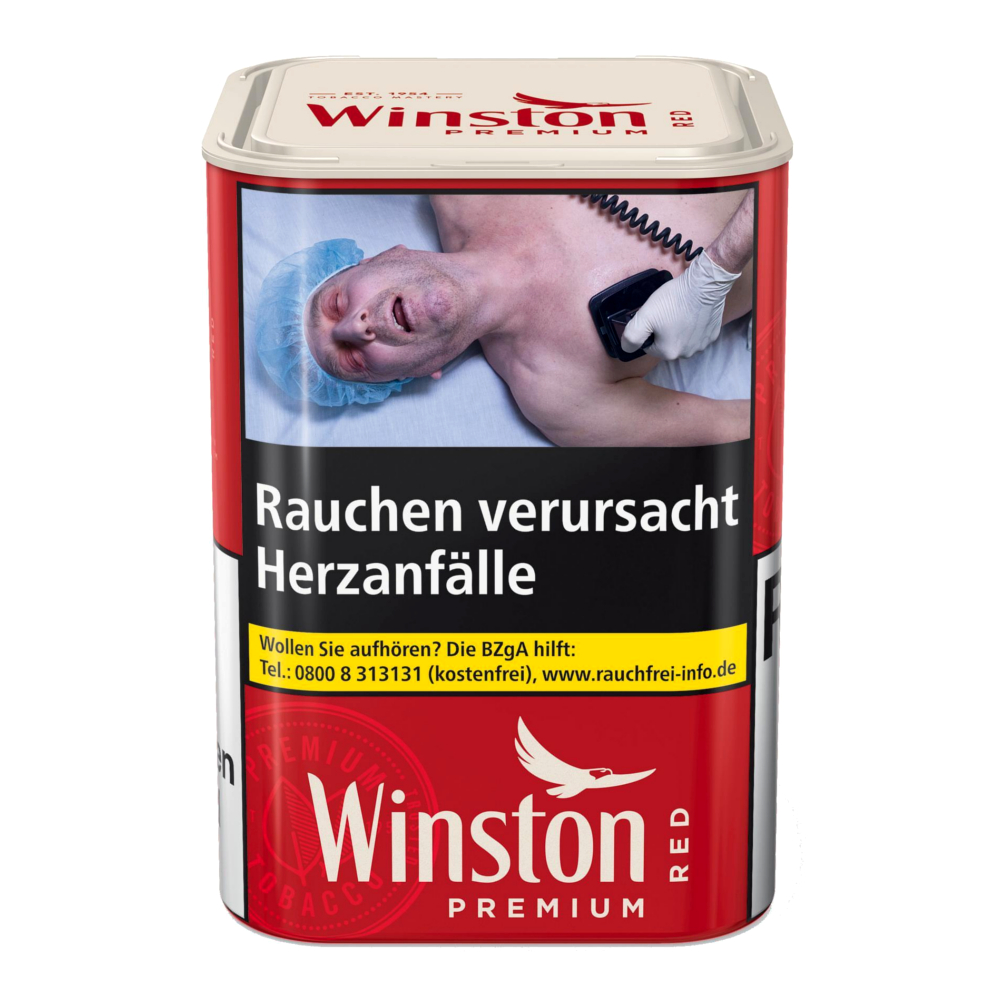
Until that agency's recent initiative to regulate tobacco products to curb youth smoking, only health claims could trigger such scrutiny. Whenever tobacco companies have made explicit health claims for cigarettes - for instance, that they help smokers lose weight - the Food and Drug Administration has stepped in to regulate the products. "Ned" Leary, RJR vice president for Winston marketing. "We are, of course, making absolutely no claims about the health consequences about this cigarette versus any other cigarette," said Edmund C. RJR, however, isn't talking about health. The American Heart Association, the American Lung Association and the American Cancer Society have asked the Federal Trade Commission to investigate the new campaign. "We applauded when they announced the death of Joe Camel, but obviously the company's intentions have not changed," said Bill Novelli, the group's president, in a statement. He compared it to the sexy campaign the company has brought out to replace its much-maligned Joe Camel. Myers of the National Center for Tobacco-Free Kids said the campaign was "designed to make consumers believe that Winston has been improved, made safer because it's all tobacco and no additives." His group has attacked what it calls the "absurd and deceptive campaign" and said it could lead minors who are thinking of taking up the habit into believing that Winstons will not harm them. I don't need to smoke it."Īnti-tobacco activists say the new product image is, well, bull. New ads feature punchy lines such as: "Until I find a real man, I'll settle for a real smoke" and "I get enough bull at work. Gone are the flavorings, the sugar, the propylene glycol and all of the other ingredients that the company estimates make up some 6 percent of competing brands by weight. The company has removed the hundreds of additives from its flagging Winston brand and kicked off a national marketing campaign stressing that the product is "real," "naked," with "true taste" and "No Bull." Reynolds, its new Winston is the real real thing. We do not claim to be affiliated with the manufactures or tobacco companies.What's "real"? According to America's No. Winston's "Leave the Bull Behind" attitude is backed by its unique, additive-free product point-of-difference - naturally smooth tobacco taste.Īll registered trademarks are the property of their respective owners.

Today, Winston remains one of top-10 cigarette brands in the world. In 1966 Winston cigarette brand reached its popularity, becoming the best-selling cigarette brand in the nation, a position which it held for a period of 10 years. Reynolds introduced Winston cigarettes - the first filtered cigarette to achieve major success on the tobacco market. Later, the new company, Brown & Williamson, leased a small facility, hired 30 employees, and began manufacturing in February 1894. Initially, the partnership took over the elder Williamson's business.

Reynolds' factory, Winston, N.C., and the other one was in Caswell County, N.C. One of these factories was located in the same town as Mr.

In 1893, George Brown formed a new partnership with his brother-in-law, Robert Williamson, whose father owned two tobacco factories. Reynolds saw two potential keys to business success: Winston was a production center for flue-cured tobacco leaf, and the town sat on a newly built railroad line. (Winston would later merge with the nearby village of Salem, creating the city known today as Winston-Salem).Īlthough the town of Winston had only a few hundred residents and no paved roads, Mr. Reynolds Tobacco Company was founded in 1875, when 25-year-old Richard Joshua Reynolds started a chewing-tobacco manufacturing operation in the town of Winston, N.C.


 0 kommentar(er)
0 kommentar(er)
